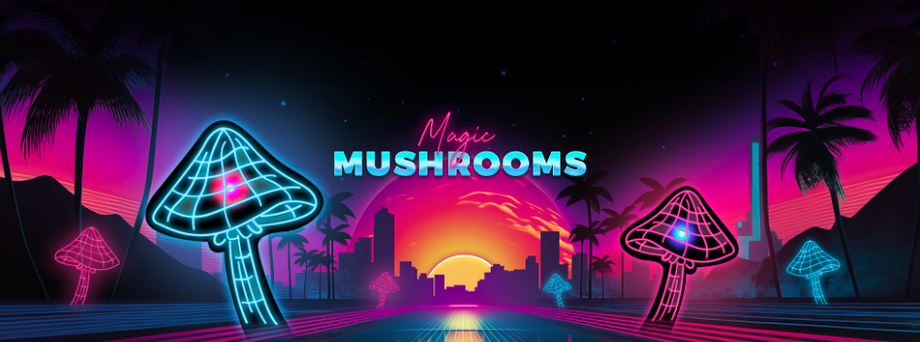Psilocybin mushrooms, often referred to as "magic mushrooms," are a group of fungi known for their psychoactive properties, primarily due to the presence of psilocybin and psilocin. These compounds can induce profound changes in perception, mood, and thought, often leading to spiritual experiences or deep introspection. Psilocybin mushrooms have been used for millennia in religious and shamanic contexts, and modern research is exploring their potential therapeutic uses, especially in the field of mental health. While their legal status varies globally, these mushrooms continue to fascinate both the scientific community and enthusiasts alike, offering a window into the complex interactions between brain chemistry and consciousness.
Psilocybin in Medical Research:
Recent medical research has begun to unlock the potential of psilocybin mushrooms in treating various mental health disorders. Studies have shown that psilocybin can be remarkably effective in treating depression, anxiety, PTSD, and even addiction. The compound works by interacting with serotonin receptors in the brain, leading to altered states of consciousness that can provide patients with new perspectives and insights into their conditions. This therapeutic potential is driving a reevaluation of psilocybin’s legal status in many regions, with some countries and states moving towards decriminalization or controlled medical use. The ongoing research in this field promises to further our understanding of both mental illness and the therapeutic possibilities of psychedelic compounds.
Ontario's Mushroom Diversity:
Ontario's diverse forests, parks, and wilderness areas are a treasure trove of fungal biodiversity, home to an impressive array of mushroom species. This richness makes the province a haven for both foragers and nature enthusiasts. Within this array, certain varieties like morels, chanterelles, and oyster mushrooms are highly prized for their culinary attributes. However, foraging for Ontario mushrooms requires a deep understanding of mushroom identification, as some species are toxic. To aid in this, Ontario offers various educational resources and guided foraging tours. These initiatives not only help individuals to correctly identify and safely harvest mushrooms but also to appreciate the local fungal flora, contributing to the enjoyment and sustainable use of Ontario's natural mushroom bounty.
Conservation and Sustainability of Mushrooms in Ontario:
The conservation and sustainable use of Ontario's mushroom resources are of paramount importance. Practices like overharvesting and habitat destruction can significantly deplete mushroom populations, adversely affecting both the ecosystem and the availability of these fungi for future generations. It is essential to adopt responsible foraging practices, which include harvesting only what is necessary and ensuring enough mushrooms remain for natural regeneration. Understanding the ecological roles of mushrooms, such as their symbiotic relationships with trees and plants and their contribution to organic matter decomposition, is crucial for their conservation. In Ontario, there is a growing emphasis on public education regarding sustainable foraging practices and the ecological significance of mushrooms, fostering a community that is both informed and respectful of the natural environment.
Conclusion:
The exploration of psilocybin mushrooms and the rich diversity of mushrooms in Ontario presents a fascinating intersection of nature, science, and culture. As research into the therapeutic uses of psilocybin continues to grow, it could lead to significant advancements in mental health treatment. Meanwhile, the diverse mushroom landscape of Ontario offers endless opportunities for culinary, educational, and ecological exploration. For those interested in further exploring the world of mushrooms, whether it be psilocybin or the various species found in Ontario, resources like ShroomBros.co provide valuable information and insights into this intriguing and ever-evolving field.
Investigate our site for more information;-






Comments